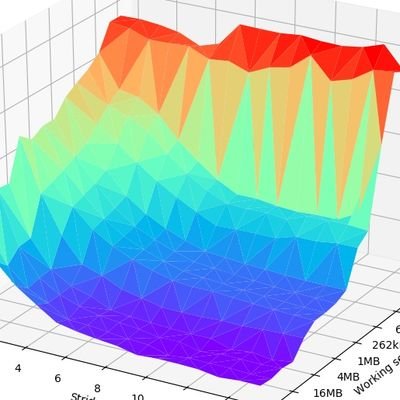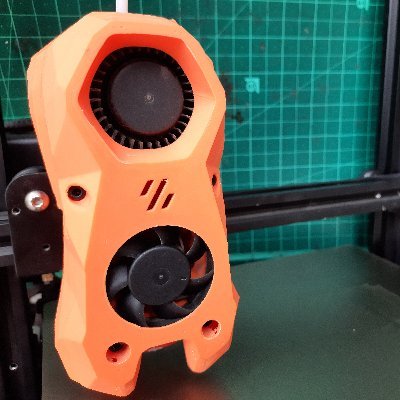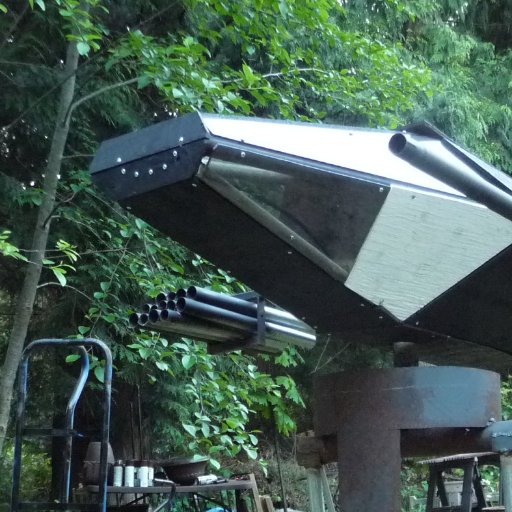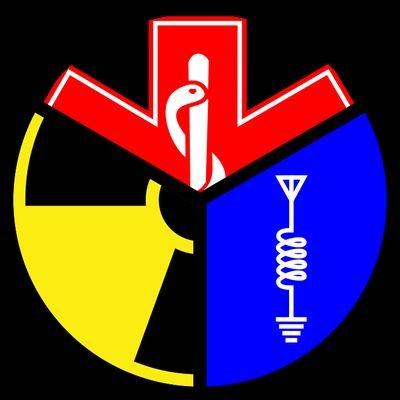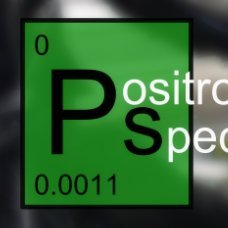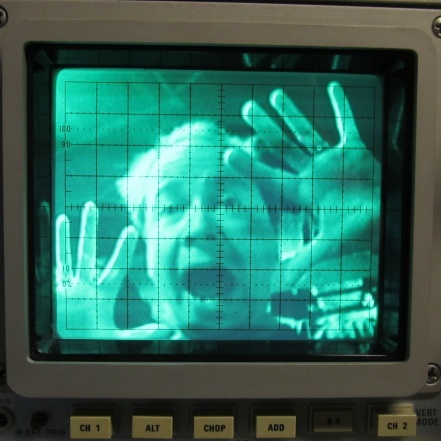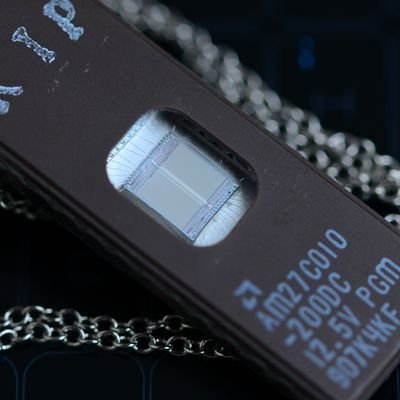
Tubechip404
@tubechip404Researcher at the National Laboratory of Optical Communications and Microwave. Radioactive, RF, electronic, programming, nuclear physics, condensed matter, etc.
Similar User

@TobisLab

@controlpaths

@aleksorsist

@lhf55472946

@QVHenkel

@johndmcmaster

@tdsepsilon

@samerps

@machdyne

@CheeenNPP

@Mirko_DIY

@Goossens66Peter

@Monogourd

@mikerankin

@will_whang
This is a resistor, but its resistance is 4500000M ohms (4.5T ohms).😨


This is a miniature YIG oscillator with a frequency range of 3~8GHz. I was very surprised by its small size. I found a magical metallographic pattern on the shell, and I don’t know what special material it is and why it is used.


This is a circuit module for a 4-channel 3He proportional counter detector. It uses a small FPGA as a neutron counter for each channel, threshold control, high voltage control and readback. But I haven't finished programming it yet. : (


This is a mini radiation detector made of R7400U and LaBr3(Ce) scintillator. I built a test platform for this detector. And I tried using CW voltage multiplier circuit and conventional voltage divider circuit to power the photomultiplier tube respectively, and integrated MCA.



This is a rare PCI multi-channel analyzer card, produced by "target" company, with on-board DSP and 14bit 10Msps ADC chip. It is mainly used in energy spectrum analysis systems of high-purity germanium detectors.




Test fixtures made with spring pins can speed up testing of half-hole modules.


I began collecting thermal equilibrium baseline data on the sample under vacuum. Temperature observations were made using a thermal imaging camera through a zinc selenide vacuum infrared window made from @IAtomictek This is really awesome.



I need to measure the thermal balance power consumption of some electronic components, so I need to get a baseline value in a vacuum adiabatic environment. And then, I built a vacuum system for this purpose.

I tried to use some high-grade components for DIY purposes. Although in these applications high-grade devices will only bring huge cost increases. But the finished product also has a unique flavor, doesn’t it? The picture shows a 50W LED driver on an aluminum-based circuit board.


I got a cooler for the HPGe detector from a friend. It was able to cool down but in the wrong areas, probably due to the dewar losing its vacuum. In order to rebuild the vacuum, I needed to machine an exhaust jig.😥



I found a pixium 4600 X-ray DR imaging panel at a flea market. So I might be able to unlock X-ray vision in the near future. But before that, I need to figure out how to read the data. 😥


I upgraded my variable pulse width pulse generator. Now it can stably output a pulse signal with a pulse width of 100ps to 10ns in a step of 10ps : )

I made a variable width pulse generator that can output pulses from 100ps to 10ns wide in 10ps steps. But I don’t know why its falling edge looks very strange, and there is a lot of noise.
This is a pressurized ionization chamber used to measure X-rays or gamma rays. As far as I know the current generated by the ionization chamber is very weak, in the order of femtoamps to picoamps. So its amplifier is quite challenging.😥
This is a strange PCB. It's part of a larger PCB from a garage sale. It neatly arranges 168 programmable delay line chips with LVPECL interface. I don't know what it is used for.

United States Trends
- 1. #MULTICO N/A
- 2. Thanksgiving 173 B posts
- 3. #BBMAs 99,1 B posts
- 4. $CUTO 13 B posts
- 5. #IDontWantToOverreactBUT 1.074 posts
- 6. #SonicMovie3 47,4 B posts
- 7. #MondayMotivation 19,8 B posts
- 8. Kreider 1.018 posts
- 9. Axios 13,4 B posts
- 10. Victory Monday 3.754 posts
- 11. Kikuchi 6.695 posts
- 12. Angels 37,7 B posts
- 13. Phylicia Rashad 1.107 posts
- 14. Tannenbaum N/A
- 15. Marshall Law 1.236 posts
- 16. Kemp 3.869 posts
- 17. snoop 27,6 B posts
- 18. Teedra Moses 2.660 posts
- 19. $RWA 17,6 B posts
- 20. Sonic 3 21 B posts
Who to follow
-
 Tobias🌾
Tobias🌾
@TobisLab -
 Pablo Trujillo
Pablo Trujillo
@controlpaths -
 @[email protected]
@[email protected]
@aleksorsist -
 BD4SUP
BD4SUP
@lhf55472946 -
 Lukas Henkel
Lukas Henkel
@QVHenkel -
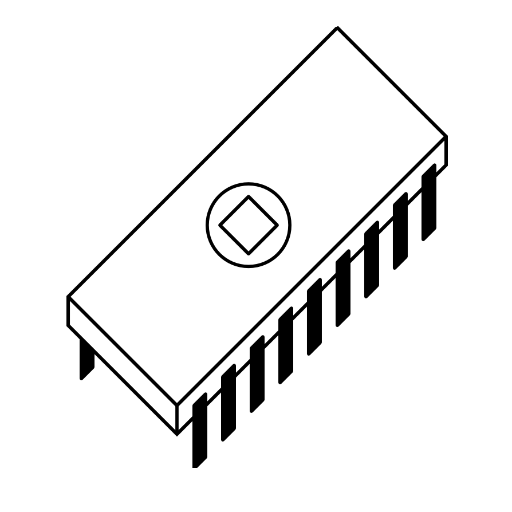 John McMaster
John McMaster
@johndmcmaster -
 Tom
Tom
@tdsepsilon -
 Sam M
Sam M
@samerps -
 Machdyne UG
Machdyne UG
@machdyne -
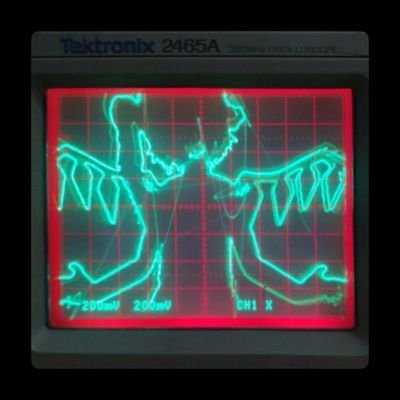 CNPP/BG6HRS
CNPP/BG6HRS
@CheeenNPP -
 Mirosław Folejewski (Mirkotronics)
Mirosław Folejewski (Mirkotronics)
@Mirko_DIY -
 Peter Goossens
Peter Goossens
@Goossens66Peter -
 Monogourd
Monogourd
@Monogourd -
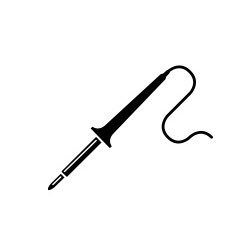 Mike
Mike
@mikerankin -
 will whang🌻
will whang🌻
@will_whang
Something went wrong.
Something went wrong.


















